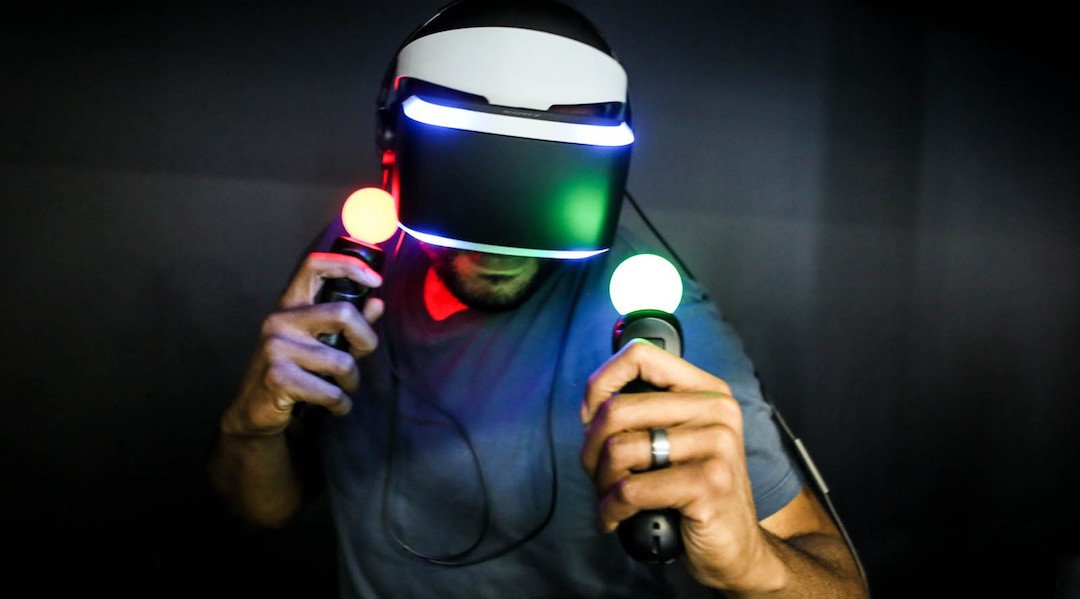
Analyst: PlayStation VR Sales Were Less Than Expected
By Dalton Cooper 29 November 2016
Gaming industry research firm SuperData lowers its 2016 sales expectations for Sony’s PlayStation VR headset from 2.6 million units sold to less than 750,000.
Coming into 2016, many analysts predicted virtual reality would be one of the biggest trendsetters in the gaming industry, thanks to the launch of devices like Oculus Rift, HTC Vive, and more recently, PlayStation VR. However, research firm SuperData has now changed its tune, indicating that virtual reality products didn’t meet sales expectations this year, with Sony’s PlayStation VR headset reportedly the biggest disappointment.
SuperData originally had 2016 sales for PlayStation VR pegged at 2.6 million, presumably expecting a boost from the recent Black Friday holiday shopping weekend. However, such a boost apparently didn’t occur, as SuperData is now expecting PlayStation VR to sell less than 750,000 total units by the time 2016 comes to a close. Some may be wondering why PlayStation VR is not meeting sales expectations despite a strong start at launch, and SuperData has provided a couple different explanations.
Firstly, SuperData blames a “fragmented title line-up” on PlayStation VR’s less than expected sales, which could mean a number of things. For example, some games are VR-exclusive, whereas others are playable without the need for the headset. Other VR games are only available on the PlayStation Store instead of at brick-and-mortar locations, which limits their visibility to potential consumers. It also doesn’t help that the bulk of the device’s launch lineup was met with lukewarm critical reception, with only a few standout titles like Rez Infinite and Batman: Arkham VR.

Even the more highly regarded PlayStation VR games seem to suffer from a common issue though, and that is short length. Batman: Arkham VR can be beaten in one hour or less, which may make some question whether or not it’s worth buying, even at a budget price of $20. All of these software issues contribute to PlayStation VR’s “fragmented title line-up,” and it’s easy to see why SuperData believes this to be one of the primary factors bringing down the device’s sales.
The second reason provided by SuperData points to Sony’s poor marketing of the headset, choosing to push PlayStation 4 Pro this holiday season instead of PlayStation VR. SuperData believes this sends the message to consumers that they should purchase a PS4 Pro first and worry about buying a PlayStation VR headset later, translating to weak sales for the device over the Black Friday shopping weekend.
While PlayStation VR’s sales are lower than expected, that doesn’t mean things won’t turn around for it and the virtual reality market in general next year. As prices for the hardware begin to lower, consumers will be more likely to purchase a VR headset, and if developers continue to create compelling VR experiences, it’s only a matter of time until VR headsets like PlayStation VR become adopted on a much wider basis.
PlayStation VR is available now.
Source: Games Industry
